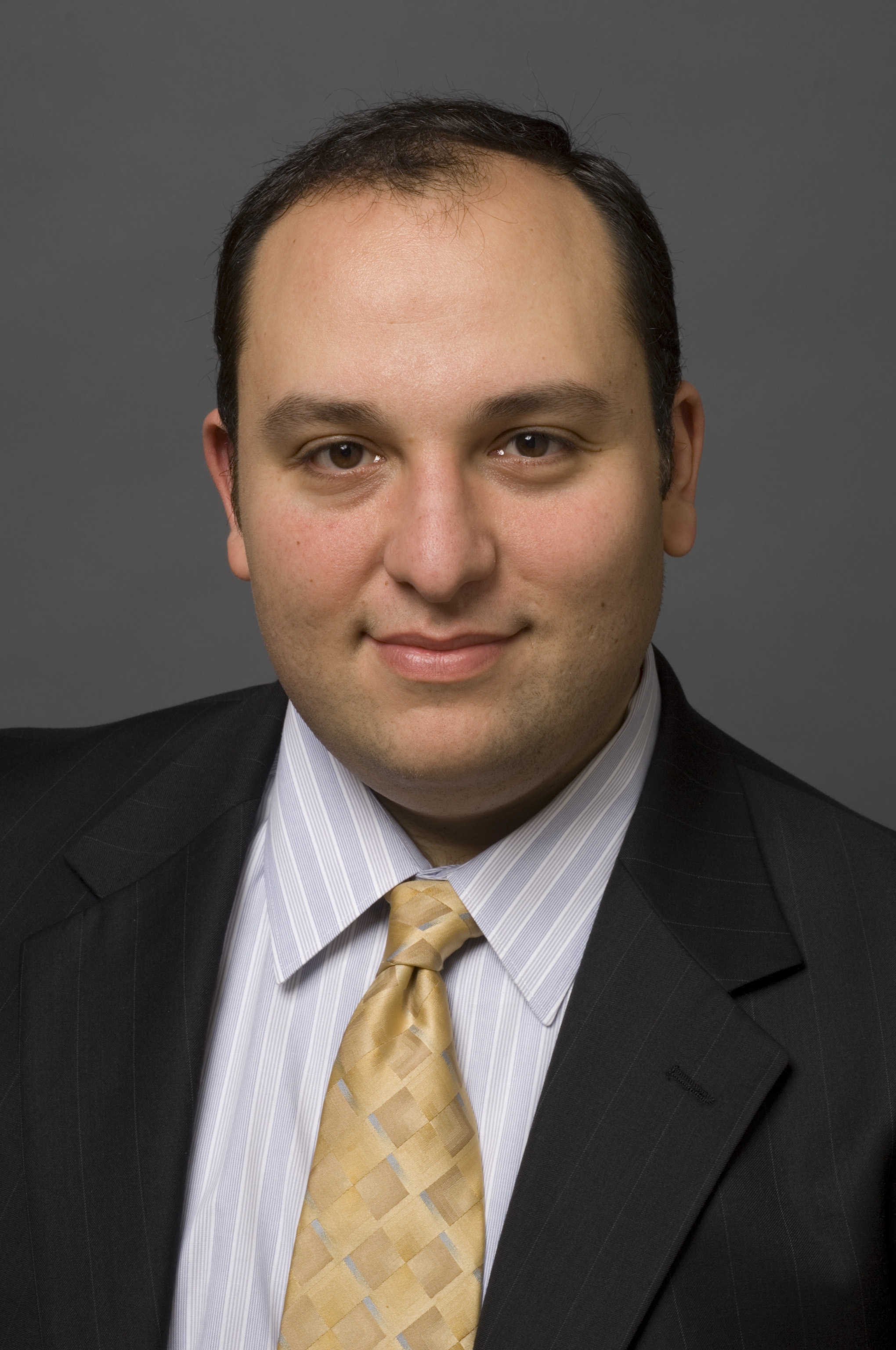Guest Contributor: Jason Scharfman,, Esq., CFE, CRISC, Managing Partner, Corgentum Consulting
 In the past, many hedge fund managers may have cringed at the mere thought of an investor inquiring about conducting a distinct operational due diligence review. Such reticence represents a missed opportunity.
In the past, many hedge fund managers may have cringed at the mere thought of an investor inquiring about conducting a distinct operational due diligence review. Such reticence represents a missed opportunity.
Hedge funds often work hard over many years to develop strong operations and work with high quality service providers, but may falter when it comes to explaining operational procedures to investors. On the investment side, fund managers are generally more than willing to describe their investment edge and alpha generation capabilities. Why don’t most fund manager take similar zeal in showing their operational strong points?
Historically, certain investors may have viewed fund operations as the more mundane, yet equally important, side of the hedge fund business. In recent years, spurred in part by a series of hedge fund frauds such as Bayou and Madoff, it is becoming increasingly more common to hear that a fund is being examined by an operational due diligence consultant. Investors hire these consultants, such as Corgentum, to go into funds and take a closer independent look at fund operational practices, before making the decision to invest. These reviews typically encompass evaluations of traditional back office procedures but can also cover other areas including compliance, valuation and information technology. Due to this trend, more operations personnel have been thrust into the spotlight.
Often, hedge funds do not know what to expect for an on-site visit by an investor or consultant performing operational due diligence. Different investors and different consultants employ different approaches. These approaches however are generally, or at least should be, based around reviewing a core set of standard operational risks. Funds that are prepared not only to meet this minimum, but exceed it will generally make the operational due diligence process not only more efficient but will also gain credibility with investors for not making an already detail oriented process unnecessarily cumbersome.
Although much of a hedge fund’s job is performance based, the operations people know that you need to, at a minimum, have documents in order, and a transparent approach toward your interaction with the due diligence consultants. Here are four tips to help guide fund managers and operations personnel through a due diligence process.
1. Have a plan
In much the same way that a hedge fund would prepare for an SEC review, fund managers should be prepared for an operational due diligence review. Some hedge fund firms may consider even go as far as conducting a mock operational due diligence review as they might for an audit review.
When an investor conducts an operational due diligence review there is a real opportunity for operations personnel to shine, and highlight the strong points of a fund’s operations. In additional to the areas outlined above, other key areas investors or consultants may focus on during an operational due diligence review include:
- Cash, Collateral and Custody
- Business Continuity Planning/ Disaster Recovery
- Firm ownership and internal capital
- Trade Procedures
2. Get your documents in order:
Similarly to an SEC exam, funds should also be prepared to respond to documentation requests during the operational due diligence process. So for example, funds should have prepared fund legal documents, audited financials and ISDA’s. These documents should be easily accessible and available to an investor upon request. Having these types of documents ready to go, makes for a quicker and smoother review process.
3. Know what you don’t know
Invariably during the operational due diligence process, operational professionals, be it a fund’s CFO, COO, CCO or other similar title will be presented with a question that may stump them. That is not to say they cannot find the answer but they may not know the answers to certain questions off the top of their heads. Investors and consultants conducting operational reviews generally understand that a fund’s operational professionals cannot know everything. There is nothing wrong with fund operations personnel telling a fund that they do not know something and they will follow up with them. This is better than simply making up an answer or drawing a hard line in the sand and saying that the fund will not disclose this information.
4. Get everyone involved:
One good piece of advice is that from the hedge fund’s side, it is beneficial for everyone involved to be prepared when getting ready for an investor operational due diligence review. Investors may cover a wide gamut of issues and if someone from business development is unable to cover an issue, someone else in the firm should be able to address it.
To find out more ways in which a hedge fund manager can be best prepared for an operational due diligence review, be sure to attend the “Surviving a Hedge Fund Operational Due Diligence Audit,” lead by Corgentum Consulting’s Managing Partner, Jason Scharfman, Esq., CFE, CRISC on June 12, 2012.
Need a Reprint?
Leave a Reply